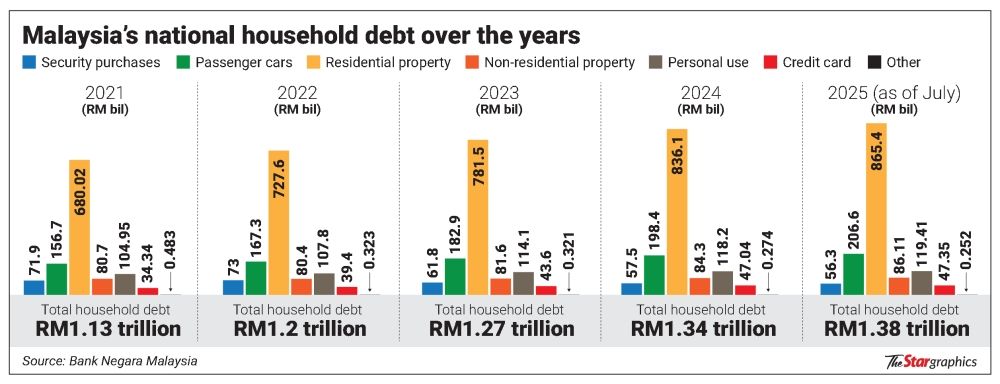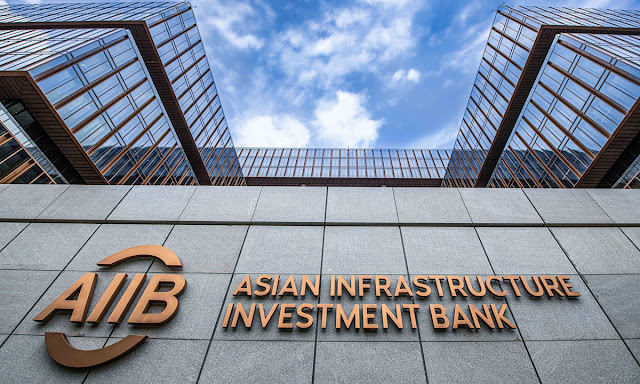New rules on the way: A woman viewing a car to buy at a Proton showroom in Petaling Jaya. The recently passed Hire Purchase (Amendment) Bill 2025 abolishes the front-loaded interest method for fixed-rate hire purchase loans and replaces it with the reducing balance system. — AZHAR
Economists say legal amendments will improve fairness in auto financing
PETALING JAYA: The newly passed Hire Purchase (Amendment) Bill 2025 which will overhaul how interest is calculated for fixed-rate car loans, marks a major reform in consumer credit, say economists.
The change, they say, was long overdue, describing it as a major step forward for consumer fairness and financial literacy.
The Bill, approved by the Dewan Rakyat on Oct 8, abolishes the long-criticised flat rate and Rule of 78 interest methods and replaces them with the reducing balance system and effective interest rate (EIR) calculation.
ALSO READ: Consumer groups hail amended Bill
Under the old Rule of 78, borrowers effectively paid more interest at the start of the loan, leaving them with little benefit even if they settled their hire purchase early.
The new reducing balance method, however, calculates interest only on the outstanding loan amount, making repayment fairer and more transparent.
Putra Business School economist Assoc Prof Dr Ida Yasin said the move would bring Malaysia in line with global standards and make loan structures easier for consumers to understand.
“In the past, interest was charged on the full loan amount even after you have paid off half of it.
“With the reducing balance system, interest is only calculated on what you still owe, which is a more equitable and accurate reflection of your debt,” she said.
Ida also agreed that the reform represented a move toward fairness, adding that the reducing balance system was “better than before” because it corrected a long-standing imbalance between lenders and consumers.
The Bill, tabled by the Domestic Trade and Cost of Living Ministry, is now at the Dewan Negara.
Once passed by the Senate, it will await royal assent from the Yang di-Pertuan Agong before being gazetted and enforced on a date to be announced by the ministry.
It also provides an 18-month transition period for banks and finance companies to fully implement the new calculation system.
Ida said the timeframe was “realistic and doable”, given the need for system upgrades, but added that many consumers were eager to see it implemented sooner because of the clear benefits.
“We would like to see it enforced as quickly as possible, but 18 months is a practical timeline for the industry to adapt,” she added.
The Bill has been welcomed by car buyers and consumer groups, who say it ensured fairer treatment for borrowers and encouraged responsible lending.
Economist Prof Emeritus Dr Barjoyai Bardai said the amendment corrected long-standing imbalances that favoured lenders under Rule 78.
“Previously, borrowers paid most of their interest in the first half of the loan tenure, meaning early settlements gave them little savings.
“The reducing balance method fixes that, as interest is now charged only on the remaining loan amount,” he said, adding that the change could also boost vehicle demand, as car ownership would feel more affordable.
“Borrowers will have more incentive to take shorter loan terms and repay early.
“For used-car buyers, whose loans are typically shorter, this makes a meaningful difference,” he added.
Bank Muamalat Malaysia Bhd chief economist Dr Mohd Afzanizam Abdul Rashid said the reform would not drastically change loan costs but would improve transparency.
“Borrowers will understand their true repayment rates and be able to make better comparisons across banks,” he said, adding that the introduction of EIR would also help promote financial literacy and more informed borrowing decisions.
“As consumers become more aware of how banking products are structured and priced, they’ll make wiser choices.
“This is a shift toward better practice and a more transparent market,” he said.















